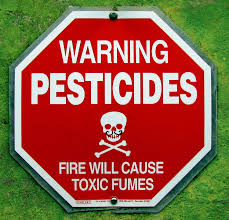The study, which is published online today (Tuesday) in Human Reproduction [1], one of the world’s leading reproductive medicine journals, shows that men who ate the highest amount of fruit and vegetables with high levels of pesticide residue had a 49% lower sperm count and a 32% lower percentage of normally-formed sperm than men who consumed the least amount. An accompanying editorial says the findings have important implications for human health. [2]
However, the study of 155 men showed that, overall, the total amount of fruit and vegetables consumed was unrelated to changes in any measurements of semen quality in the group as a whole.
Assistant Professor of Nutrition and Epidemiology at the Harvard T.H. Chan School of Public Health in Boston (USA), Jorge Chavarro, said: “These findings should not discourage the consumption of fruit and vegetables in general. In fact, we found that total intake of fruit and vegetables was completely unrelated to semen quality. This suggests that implementing strategies specifically targeted at avoiding pesticide residues, such as consuming organically-grown produce or avoiding produce known to have large amounts of residues, may be the way to go.”
Previous studies have shown that occupational exposure to pesticides might have an effect on semen quality, but so far there has been little investigation of the effects of pesticides in diet.

